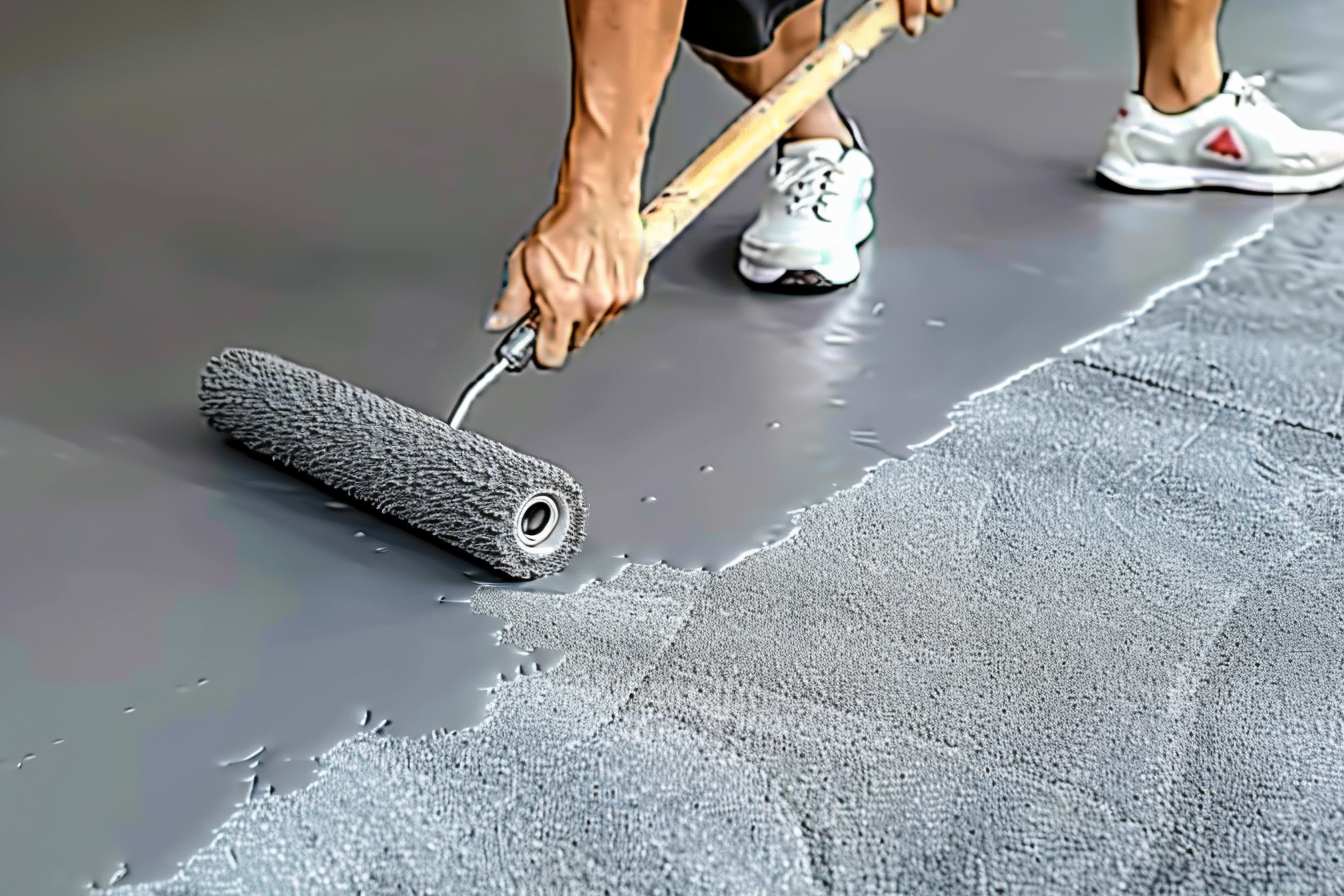Garage Epoxy Flooring: Costs, Comparisons, and Long-Term Value
Garage epoxy flooring has become increasingly popular among homeowners looking to upgrade their garage spaces. This durable, attractive, and low-maintenance option can transform a dull concrete floor into a showroom-worthy surface. However, before diving into this project, it's essential to understand the costs involved, compare different options, and evaluate the long-term value. Let's explore the world of garage epoxy flooring to help you make an informed decision.

What is garage epoxy flooring and why is it popular?
Garage epoxy flooring is a high-performance coating system applied to concrete floors. It consists of a two-part epoxy resin that creates a hard, durable, and chemical-resistant surface when cured. Homeowners and businesses alike favor epoxy flooring for its numerous benefits, including:
-
Durability: Resistant to impacts, chemicals, and stains
-
Aesthetics: Available in various colors and finishes
-
Easy maintenance: Simple to clean and maintain
-
Increased safety: Can be formulated with non-slip additives
-
Long lifespan: Can last 10-20 years with proper care
These advantages make epoxy an attractive option for those looking to enhance their garage’s functionality and appearance.
How much does resin garage flooring cost per square meter?
The cost of garage epoxy flooring can vary significantly depending on several factors, including the quality of materials, preparation required, and whether you opt for professional installation or a DIY approach. On average, you can expect to pay:
-
DIY epoxy kits: $3 - $7 per square foot ($32 - $75 per square meter)
-
Professional installation: $6 - $12 per square foot ($65 - $130 per square meter)
For a standard two-car garage (approximately 400 square feet or 37 square meters), the total cost could range from:
-
DIY: $1,200 - $2,800
-
Professional: $2,400 - $4,800
It’s important to note that these are general estimates, and actual costs may vary based on your specific location and project requirements.
What factors influence the cost of epoxy garage flooring?
Several factors can impact the final cost of your epoxy garage flooring project:
-
Floor preparation: Concrete repairs, grinding, or etching may be necessary
-
Epoxy quality: Higher-grade epoxies offer better durability but cost more
-
Color and design: Custom colors or decorative flakes can increase costs
-
Thickness: Multiple layers or thicker applications cost more
-
Garage size: Larger areas require more material and labor
-
Location: Labor and material costs vary by region
-
Additional features: Non-slip additives or UV protection may increase costs
Understanding these factors can help you budget more accurately for your project.
DIY vs. professional installation: Which is more cost-effective?
While DIY epoxy kits can seem more budget-friendly at first glance, it’s essential to consider the pros and cons of both approaches:
DIY Installation:
-
Lower upfront costs
-
Potential for mistakes or subpar results
-
Time-consuming and labor-intensive
-
Limited warranty (if any)
Professional Installation:
-
Higher upfront costs
-
Expertise and specialized equipment
-
Faster completion time
-
Better warranty coverage
For those with DIY experience and smaller garages, a DIY approach might be cost-effective. However, for larger areas or those seeking professional-grade results, hiring experts may provide better value in the long run.
What long-term value does epoxy garage flooring offer?
When considering the cost of epoxy garage flooring, it’s crucial to evaluate its long-term value:
-
Durability: Epoxy floors can last 10-20 years with proper maintenance
-
Property value: Can increase home resale value
-
Energy efficiency: Light-colored epoxy can brighten spaces, potentially reducing lighting costs
-
Low maintenance: Saves time and money on cleaning and repairs
-
Versatility: Suitable for various uses beyond just parking cars
These factors contribute to the overall value proposition of epoxy flooring, often justifying the initial investment.
How do different epoxy flooring options compare in cost and quality?
To help you make an informed decision, let’s compare some popular epoxy flooring options:
| Product/Service | Provider | Cost Estimation | Key Features |
|---|---|---|---|
| DIY Epoxy Kit | Rust-Oleum | $200 - $400 per kit | Easy application, limited color options |
| Professional Epoxy | Garage Force | $6 - $10 per sq ft | High-quality materials, professional installation |
| Polyaspartic Coating | Garage Experts | $8 - $12 per sq ft | Fast curing, UV resistant |
| Hybrid Polymer Epoxy | Floor Skinz | $7 - $11 per sq ft | Flexible, crack-resistant |
Prices, rates, or cost estimates mentioned in this article are based on the latest available information but may change over time. Independent research is advised before making financial decisions.
When choosing between these options, consider your budget, desired durability, and specific needs. While DIY kits offer a more affordable entry point, professional installations typically provide superior quality and longevity.
In conclusion, garage epoxy flooring represents a significant investment in your home’s functionality and aesthetics. By understanding the costs involved, comparing different options, and considering the long-term value, you can make an informed decision that best suits your needs and budget. Whether you choose a DIY approach or professional installation, epoxy flooring can transform your garage into a durable, attractive space that adds value to your home for years to come.



